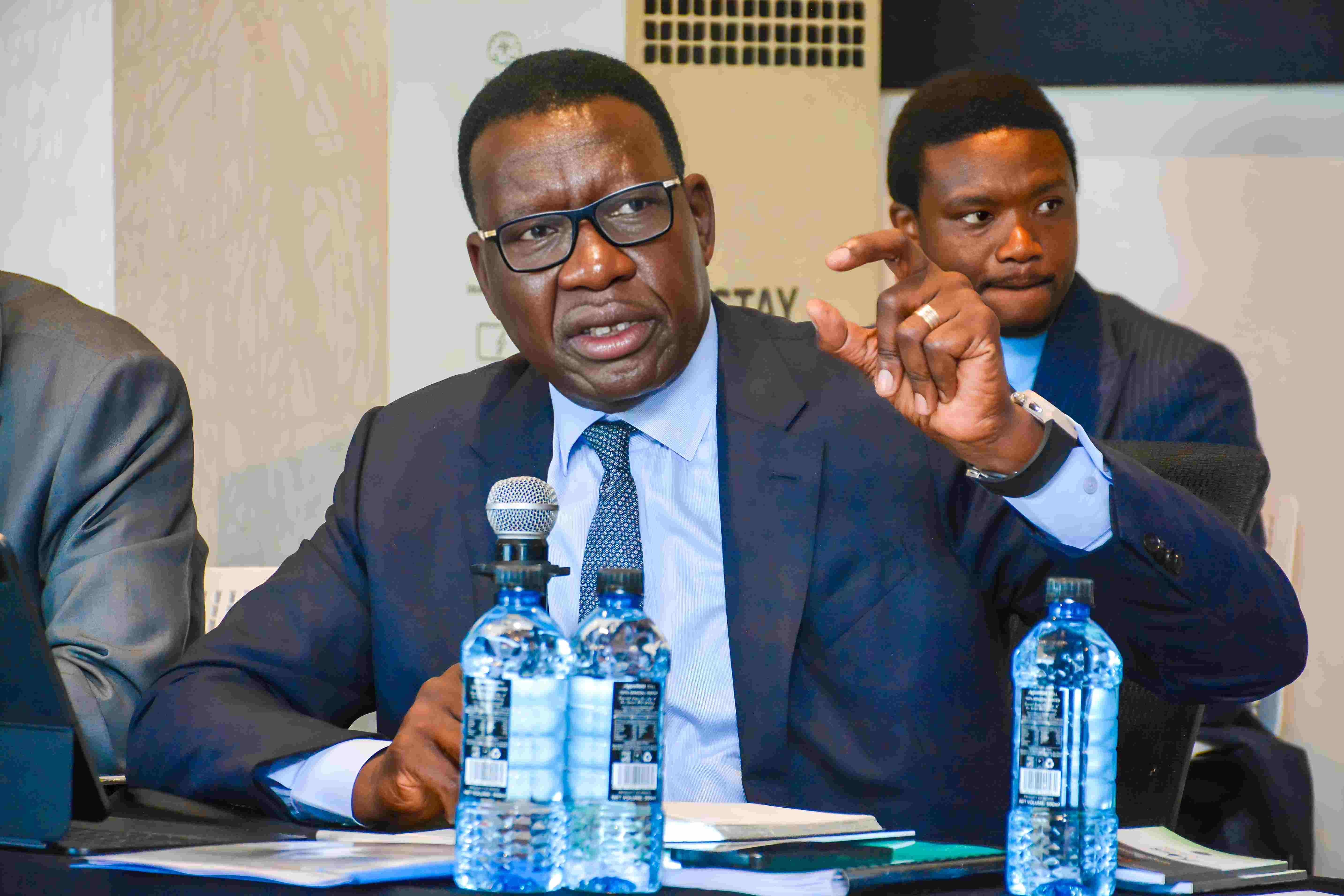JKIA upgrade on track as Ruto government seeks alternative funding post-Adani deal

Transport Cabinet Secretary Davis Chirchir confirmed that the government is working on a tight schedule to ensure construction begins before the close of 2025.
Plans to revamp Nairobi’s Jomo Kenyatta International Airport (JKIA) are steadily moving forward, 229 days after President William Ruto called off the contentious deal with India’s Adani Group.
Transport Cabinet Secretary Davis Chirchir confirmed that the government is working on a tight schedule to ensure construction begins before the close of 2025.
The push for redevelopment follows the November 2024 termination of the Adani-led expansion contract, which was abandoned after public outcry over opaque procurement processes and controversial terms in the agreement.
At the time, President Ruto cited new intelligence from investigative bodies and international partners, emphasizing the need for transparency and accountability as outlined in Article 10 of the Constitution.
The cancellation cleared the way for the Ministry of Transport to explore alternative funding options. Since then, the government has been engaging several international development finance institutions including the European Investment Bank, KfW, the French Development Agency, JICA, the Abu Dhabi Fund for Development, and China Exim Bank with a focus on leveraging JKIA’s own financial strength to fund the ambitious upgrade.
“We’re fully aware of how critical this project is,” said CS Chirchir. “Our main terminal was destroyed by fire and has operated from temporary facilities for years. We’re pushing hard to start construction before year-end.”
Officials believe the airport overhaul will enhance Nairobi’s appeal as a regional aviation hub and create room for more international carriers, supporting Kenya’s broader tourism and export goals. Chirchir cautioned against restrictive aviation policies like limiting landing rights, warning such measures would harm the country’s competitiveness in key sectors like floriculture.
“It doesn’t help our tourism or export earnings to limit access to Nairobi. Kenya is among the top four flower exporters globally we need strong air connectivity to thrive,” he said.
Aviation and Aerospace Development Principal Secretary Terry Mbaika urged Kenya Airways to seize the opportunity by strengthening its route strategy, investing in operations, and pursuing partnerships to stay competitive.
Despite a 6.6% rise in passenger numbers in 2024 with JKIA handling 8.75 million travelers, surpassing its 7.5 million capacity the airport continues to grapple with ageing infrastructure and a single runway, both of which present obstacles to scaling up operations.
While the airport's strong revenue stream and asset base offer financing potential, officials acknowledge that modernization must happen quickly if JKIA is to meet future demand.
